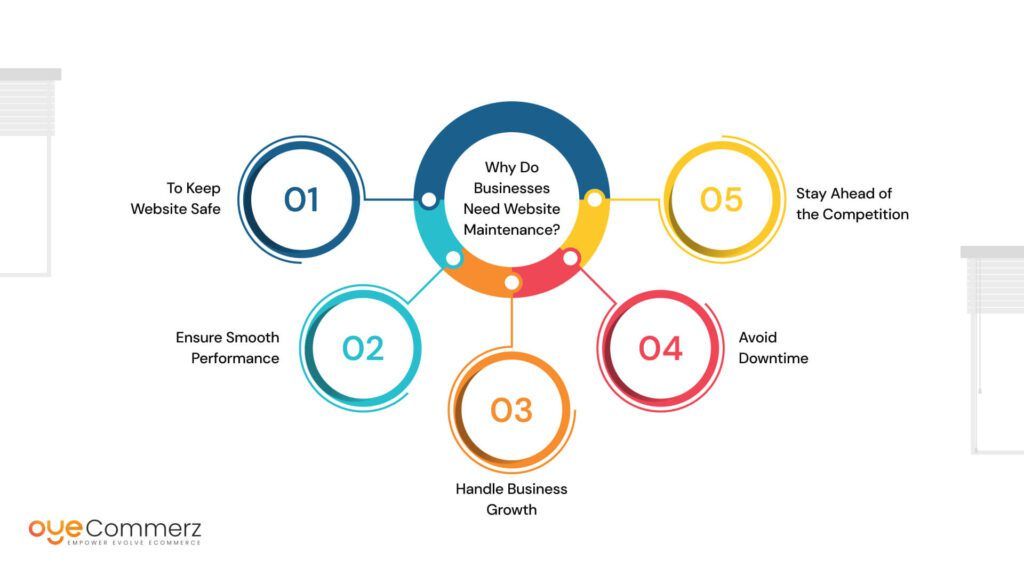In the dynamic landscape of eCommerce, picking the best platform is crucial for your business's prosperity. If you’re presently using WordPress and planning a migration to Shopify, you’re not alone. Numerous businesses are shifting to take advantage of Shopify’s powerful capabilities, user-friendliness, and scalability. This guide will take you through the process of migrating from WordPress to Shopify effortlessly, guaranteeing that you realize your online retail potential.
Why Transition from WordPress to Shopify?
Ahead of starting the migration process, it’s essential to realize why this shift can be advantageous for your online store:
Accessible Tools: Shopify offers an user-friendly dashboard that streamlines store operations, allowing for non-technical users.
Scalability: As your brand develops, Shopify can support higher traffic and transactions without affecting speed.
All-in-One Solutions: Shopify provides integrated tools for search engine optimization, analytics, payment handling, and much more, minimizing the need for several plugins.
Robust Protection: With Shopify, you utilize advanced security measures that safeguard sensitive customer data.
Steps for a Effortless Migration
Migrating your digital shop from WP to Shopify involves key actions.
Here’s the way to ensure a hassle-free transition:
Outline Your Migration Strategy
Kick-off by mapping out your migration blueprint. Identify which components of your present site you wish to migrate, such as:
Inventory information
Customer information
Order history
Articles
Pick the Best Migration Solution
Considering your requirements, opt for a migration plan that fits your store. OyeCommerz offers multiple plans:
Basic Migration Package: Suitable for boutique stores with minimal products.
Mid-Tier Plan: Recommended for growing businesses with more complex needs.
Advanced Plan: Excellent for big stores demanding custom customization.
Secure Your Data
Before initiating the migration, guarantee that you have a comprehensive archive of your WordPress site. This action is critical in case anything goes off track during the migration.
Extract Your Data from WP
Use extensions or custom scripts to transfer essential content from your WordPress site:
Inventory
Customers
Transactions
Articles
Upload Content into Shopify
Once you have your information extracted, employ Shopify’s built-in features or third-party apps to migrate your information into your Shopify store. intuitive Shopify interface Verify that all data is properly structured and aligned.
Adapt Your Shopify Site
After uploading information, customize your Shopify site’s theme to reflect with your business goals. Look into hiring a designer if you need advanced customization.
Configure Checkout Systems and Logistics
Configure billing solutions and shipping settings in Shopify to create a seamless purchase experience for customers.
Implement Search Engine Optimization Standards
To maintain your search engine rankings during the migration:
Set up 301 link updates from previous URLs to new ones.
Refresh descriptions.
Adjust visual content and text for search engines.
Review Your Updated Store
Before going live, thoroughly test your migrated platform. Look out for any broken links, transaction errors, or untransferred content.
Publish Your Platform
Once everything is in place, it’s time Shopify for small business to launch! Inform the update to your clients and encourage them to discover the updated offerings of your Shopify store.
Post-Migration Guidance
Post launching your Shopify store, continued support is essential. Think about working with experts who can assist with:
Troubleshooting
Customer engagement
Enhancing features
Conclusion
Migrating from WordPress to this platform can be a game-changing decision for your digital business. By following this guide and leveraging tools like those offered by industry leaders, you can ensure a seamless transition that enhances your digital storefront. Adapt to the change and unlock the advantages of Shopify today!
